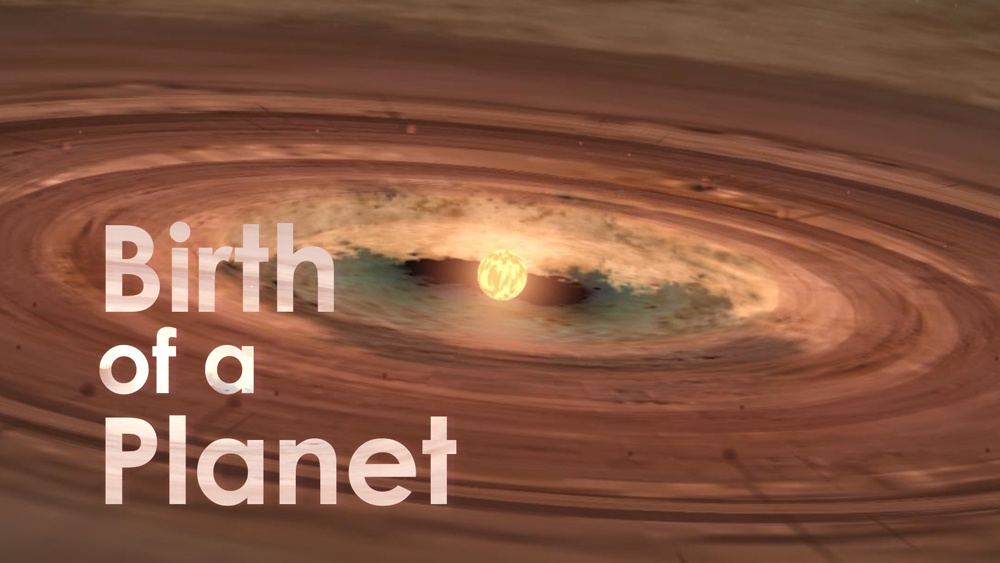Modeling Protostellar Disks to Understand How Planets Are Born

This Research in Action article was provided to LiveScience in partnership with the National Science Foundation.
Scientists in Texas are using advanced simulations to learn more about protostellar disks — dust and gas clouds that rotate around young stars. Particulates inside these disks collide and coalesce over millions of years, forming larger and larger objects until a planet takes shape.
Sally Dodson Robinson, astronomer, and her team of researchers at The University of Texas at Austin are modeling and simulating these protostellar disks. "We want to know what conditions are good for forming planets and what conditions are bad for forming planets," she says.
The simulations model important factors such as the turbulence and temperature of the disk, which affect how and where planets form. In a disk that is too turbulent, the particles move too fast and bounce off each other. Less turbulence means a greater chance for them to collide and stick together.
Most recently, Dodson Robinson's team has been working on 3D renderings. "We're moving toward a better understanding of what this disk would actually look like if you were to fly over it," she says. The considerable computation involved in this project is facilitated by the Ranger supercomputer at the Texas Advanced Computing Center.
In 1988, scientists knew of one solitary extrasolar planet. In 2012, there are almost 2,400 awaiting confirmation. Understanding what conditions are favorable for planet formation will help scientists discover more planets, and also will provide greater understanding of the evolution of Earth and our own solar system.
Get the world’s most fascinating discoveries delivered straight to your inbox.
Editor's Note: Any opinions, findings, and conclusions or recommendations expressed in this material are those of the author and do not necessarily reflect the views of the National Science Foundation. See the Research in Action archive.
 Live Science Plus
Live Science Plus






